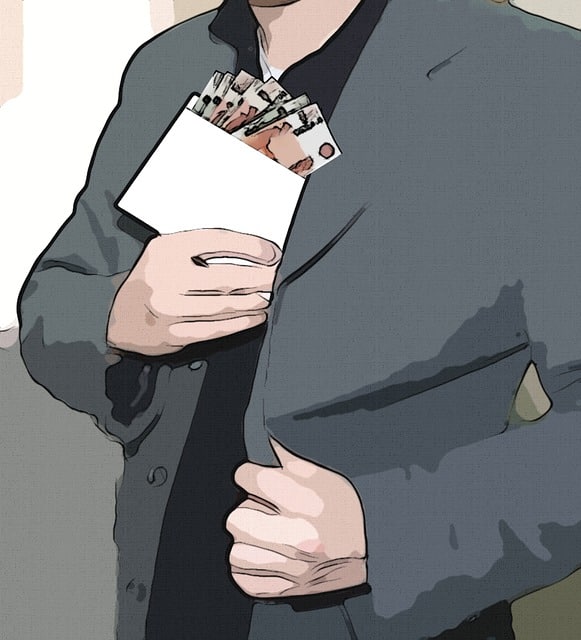
Patronage is a political methodology that consists of using public money in exchange for electoral support.
The idea of clientelism refers to a methodology developed by rulers or those in a position of power, which consists of granting certain benefits to other people in exchange for favors, support or submission .
Patronage means that someone who holds public office makes gifts or grants advantages to a group of individuals, who "pay" for those favors by providing support, usually of an electoral nature. This implies that the political leader uses the resources of the State or his position of power to obtain a private benefit.
Example of clientelism
Suppose that the governor of a province seeks re-election to continue his mandate. This man, with public funds, purchases thousands of appliances that he distributes in the most humble neighborhoods through people who work on his electoral campaign. The box of each appliance also has the name of the governor printed on it. This behavior is one of the most common forms of clientelism: the politician hopes that, as a thank you and to continue receiving this type of benefits, the neighbors will vote for him in the elections.
Clientism, in this way, helps a political party to remain in power . By managing state resources, rulers have the possibility of using them for their own benefit to garner electoral support .

The ruler who resorts to clientelism takes advantage of the State's resources for his own benefit to maintain power.
The need for state aid
For clientelism to be applied, there must be a large number of people (voters) with unmet needs who require state aid. Otherwise, the vote is not conditional on receiving a favor or gift.
On the other hand, when State resources are distributed as established by law or in a fair manner, clientelism also does not take place because the leader cannot condition the distribution.
Clientism complaint
Thanks to the possibilities that social networks offer us today, many people report acts of clientelism during election times. Although putting these regrettable scenes in a showcase is not enough to put an end to the corruption of political leaders, it at least serves to show them that there are still people who are not willing to be manipulated but who want to express their true ideas and only follow those who they respect.
It is very difficult to believe what a candidate for a government position is capable of doing to get votes. There are countless anecdotes that, despite reflecting a totally despicable attitude, are surprising due to the "creativity" of the minds that plan these strategies . For example, more than one politician has had dozens of people in specific parts of the city give away car accessories to drivers.
Whether with stickers, sunshades or car air fresheners, election campaign promotion spreads throughout the city at no cost to the party, especially if drivers use the car to transport passengers. Delivering sweet bread at Christmas time, offering free gasoline in exchange for placing a flag on the vehicle or even a consumption of food and drink are just some more examples of clientelism that occur in various parts of the world, although they seem typical of the fiction.
The case of Ríos Salcedo
Of course, few stories reach the level of that of Waldo Enrique Ríos Salcedo , a politician of Peruvian origin who held the position of mayor of the city of Huaraz and was also a congressman of the Republic for the Independent Moralizing Front and regional governor of the department of Ancash. .
To access this last position, he offered each family that voted for him a monthly payment of a sum of money, a promise that helped him win the elections although, once in power, he admitted that he would not be able to keep it.
